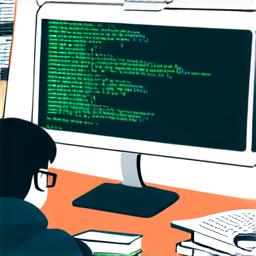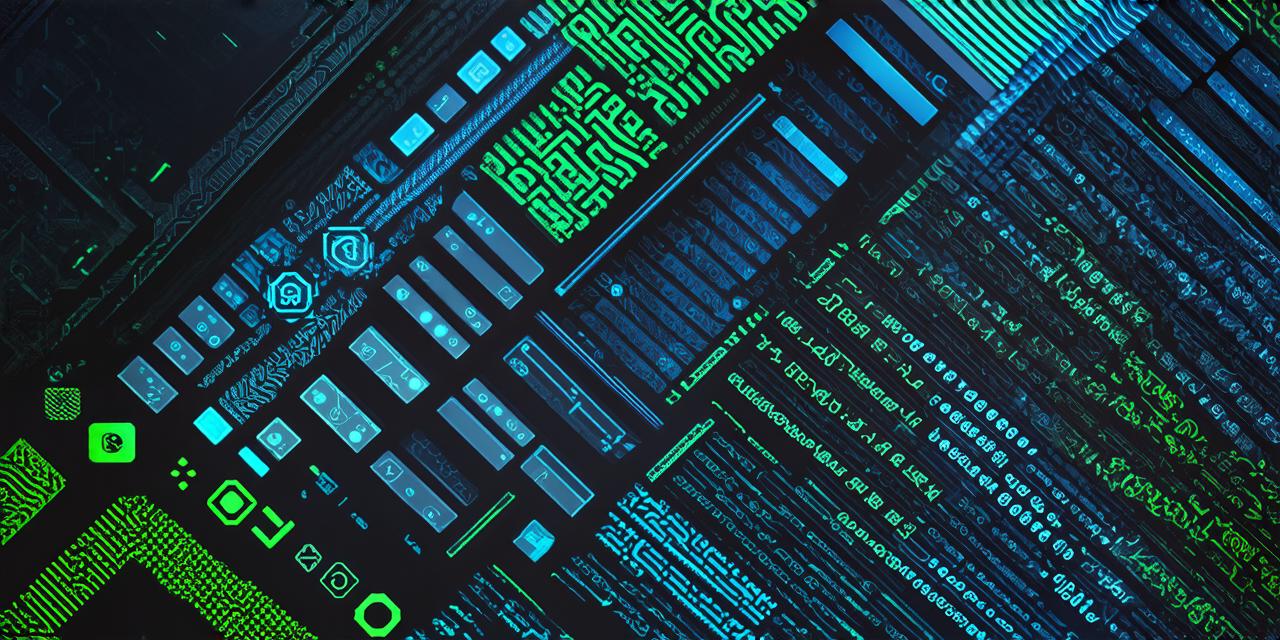Blockchain technology is transforming industries and businesses across the globe. From finance to healthcare, blockchain-based solutions are being developed to solve complex problems, increase efficiency, and enhance security.
What Are Blockchain Developers?
Blockchain developers are professionals who design, develop, and maintain blockchain-based solutions for various industries. They are responsible for creating secure, scalable, and efficient blockchain systems that enable organizations to streamline their operations, improve transparency, and reduce costs.
Responsibilities of Blockchain Developers
Blockchain developers have a wide range of responsibilities, depending on their role and the specific industry they work in. However, some of the most common tasks include:
- Designing and building blockchain systems
- Developing smart contracts
- Implementing cryptographic algorithms
- Maintaining blockchain systems
- Collaborating with cross-functional teams
Skills Required for Blockchain Developers
Blockchain developers require a unique set of skills to succeed in this field. These include:
- Programming skills
- Cryptography expertise
- Familiarity with consensus mechanisms
- Problem-solving skills
Case Studies of Successful Blockchain Developers
There are many successful blockchain developers who have made significant contributions to the field. Here are a few examples:
- Andreas Antonopoulos
- Vitalik Buterin
- Dr. Andreas Antonopoulos
Comparing Blockchain Developers to Traditional Software Developers

Blockchain developers and traditional software developers share some similarities but also have unique differences. Here are a few key points of comparison:
- Security: Both blockchain developers and traditional software developers must ensure that their systems are secure from attacks and vulnerabilities. However, the security requirements for blockchain-based systems are typically more stringent due to the decentralized nature of the technology.
- Transparency: Blockchain systems are inherently transparent, with all transactions being recorded on a public ledger. This makes it easier to track and audit transactions than in traditional software systems, which rely on centralized databases or servers.
- Decentralization: Blockchain-based systems are decentralized, meaning that they do not rely on any single entity or organization to function. This can make them more resilient to attacks and failures, as there is no single point of failure.
- Governance: Traditional software systems often rely on centralized governance structures, where a single entity or organization has control over the system. In contrast, blockchain-based systems typically rely on decentralized governance structures, which can be more democratic and inclusive.
FAQs about Blockchain Developers
Here are some frequently asked questions about blockchain developers:
- What is a blockchain developer? A blockchain developer is a professional who designs, develops, and maintains blockchain-based solutions for various industries.
- What are the responsibilities of a blockchain developer? Blockchain developers have a wide range of responsibilities, including designing and building blockchain systems, developing smart contracts, implementing cryptographic algorithms, and maintaining blockchain systems.
- What skills are required for a blockchain developer? Blockchain developers require proficiency in one or more programming languages, cryptography expertise, familiarity with consensus mechanisms, problem-solving skills, and knowledge of blockchain development tools and frameworks.
- Who are some successful blockchain developers? Some successful blockchain developers include Andreas Antonopoulos, Vitalik Buterin, and Dr. Andreas Antonopoulos.
- How do blockchain developers compare to traditional software developers? Blockchain developers share some similarities with traditional software developers but also have unique differences, including security requirements, transparency, decentralization, and governance.
